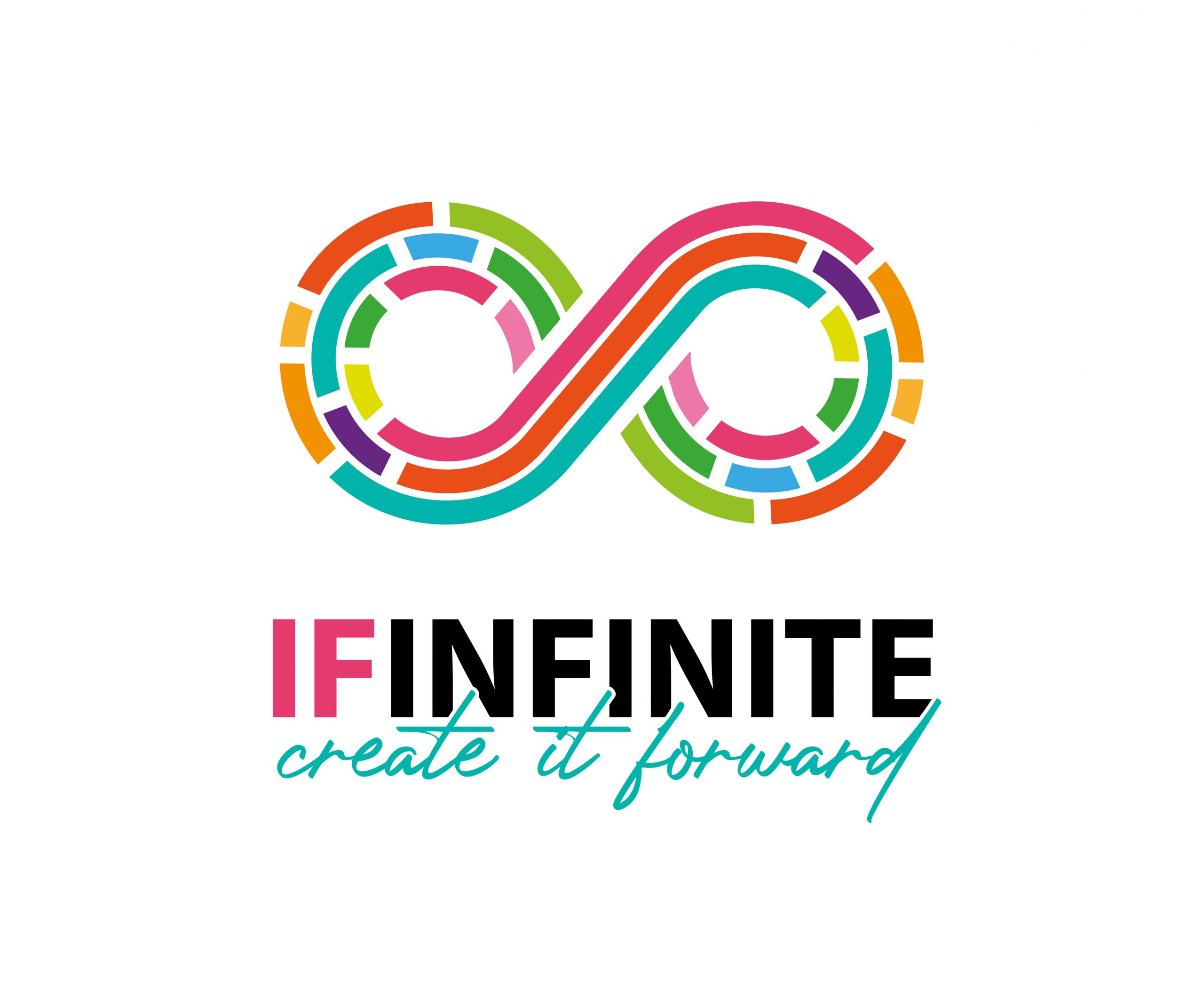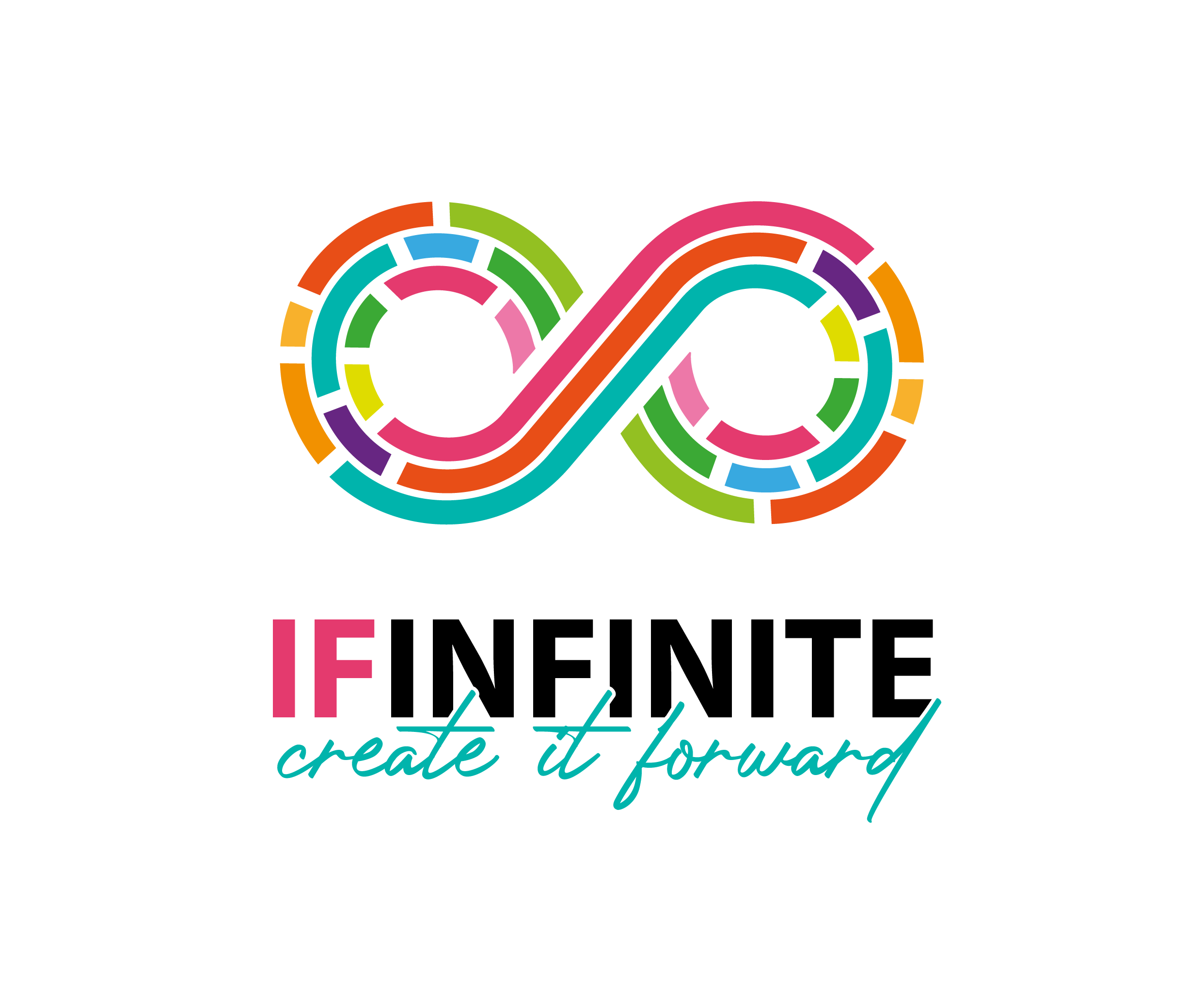Understanding Keyword Match Types in Google Ads
Google Ads is a powerful tool for reaching potential customers, but its effectiveness hinges on understanding and utilizing keyword match types correctly. Keyword match types determine how broadly or narrowly your ads are shown in response to search queries. The primary match types are broad match, phrase match, and exact match. Here’s a detailed look at each type and how to use them effectively in your campaigns.
Broad Keyword Match
Broad match keywords are the default match type in Google Ads and offer the widest reach. When using broad match, your ad is eligible to appear whenever a user’s search query includes any word in your key phrase, in any order, as well as any word that relates to your keyword.
How to use this match Type?
– Best for advertisers with large budgets or in the early stages of a campaign.
– Implement a robust negative keyword strategy to avoid irrelevant traffic.
– Useful for gathering extensive data on audience behavior.
Example: If your keyword is “Google Ads Agency,” your ad could appear for searches like “Johannesburg Ad Agency” or “Johannesburg Google Ads Services.”
Advantages:
– Wide Audience Reach: Ideal for large-budget advertisers or the early stages of a campaign when gathering data about your target audience. – Data Collection: Helps gather more data about audience behavior and bidding strategies.
Disadvantages:
– Irrelevant Traffic: May lead to irrelevant traffic, requiring a robust negative keyword strategy to maintain relevance.
Phrase Keyword Match
Phrase match keywords offer a balance between reach and relevance. Ads are displayed for searches containing the exact order of the target keyword, but additional words may appear before or after.
How to use this match Type?
– Balances reach and relevance, making it suitable for most advertisers.
– Use quotes around the keyword to target related searches.
– Refines audience targeting while maintaining flexibility.
Example: For the phrase match keyword “Johannesburg SEO,” your ad might appear for searches like “Johannesburg SEO Agency” or “best Johannesburg SEO Company.”
Advantages:
– Targeted Audience: More precise than broad match, capturing a more relevant audience. – Flexibility: Still allows for some variation in search queries, providing a good balance.
Disadvantages:
– Less Reach: Not as wide-reaching as broad match, but more relevant traffic.
Exact Keyword Match
Exact match keywords provide the highest level of precision. Ads will only appear for searches that exactly match the target keyword, with no variations.
How to use this match Type?
– Prioritizes relevance overreach, ideal for highly specific targeting.
– Enclose the keyword in brackets for precise targeting.
– Effective in maintaining high conversion rates and reducing unwanted costs.
Example: With the exact match keyword [Johannesburg Web Design], your ad would only show for searches that say exactly “Johannesburg Web Design.”
Advantages:
– High Relevance: Ensures the highest relevance, which can lead to higher conversion rates and lower unwanted costs. – Cost-Effective: Reduces unnecessary ad spend by filtering out irrelevant searches.
Disadvantages:
– Limited Reach: Ads will only show for very specific search queries, limiting the overall audience.
Using Multiple Keyword Match Types
Combining broad, phrase, and exact match keywords often yields the best results for most Google Ads campaigns. This approach allows for comprehensive coverage while ensuring a focused approach where needed. It also provides valuable data and identifies opportunities you may not have considered initially.
Key Considerations
– Performance History: Analyze past performance data to determine which match types work best for your keywords.
– Competitive Landscape: Consider how your competitors are bidding and structuring their accounts.
– Bid Strategies: Adjust bids based on match type to optimize cost per click and conversion rates.
– Ad Text and Account Structure: Tailor ad copy and structure campaigns to leverage the strengths of each match type effectively.
Choosing the right keyword match type is crucial for the success of your Google Ads campaign. Broad match casts a wide net, phrase match strikes a balance between reach and relevance, and exact match hones in on precise keywords. By understanding the nuances of each match type and strategically incorporating them into your campaigns, you can reach the right audience, optimize your ad spend, and achieve better results.
Looking to boost your Google Ads Performance? Let us coach you through your campaign optimisation! Click here to learn more…





